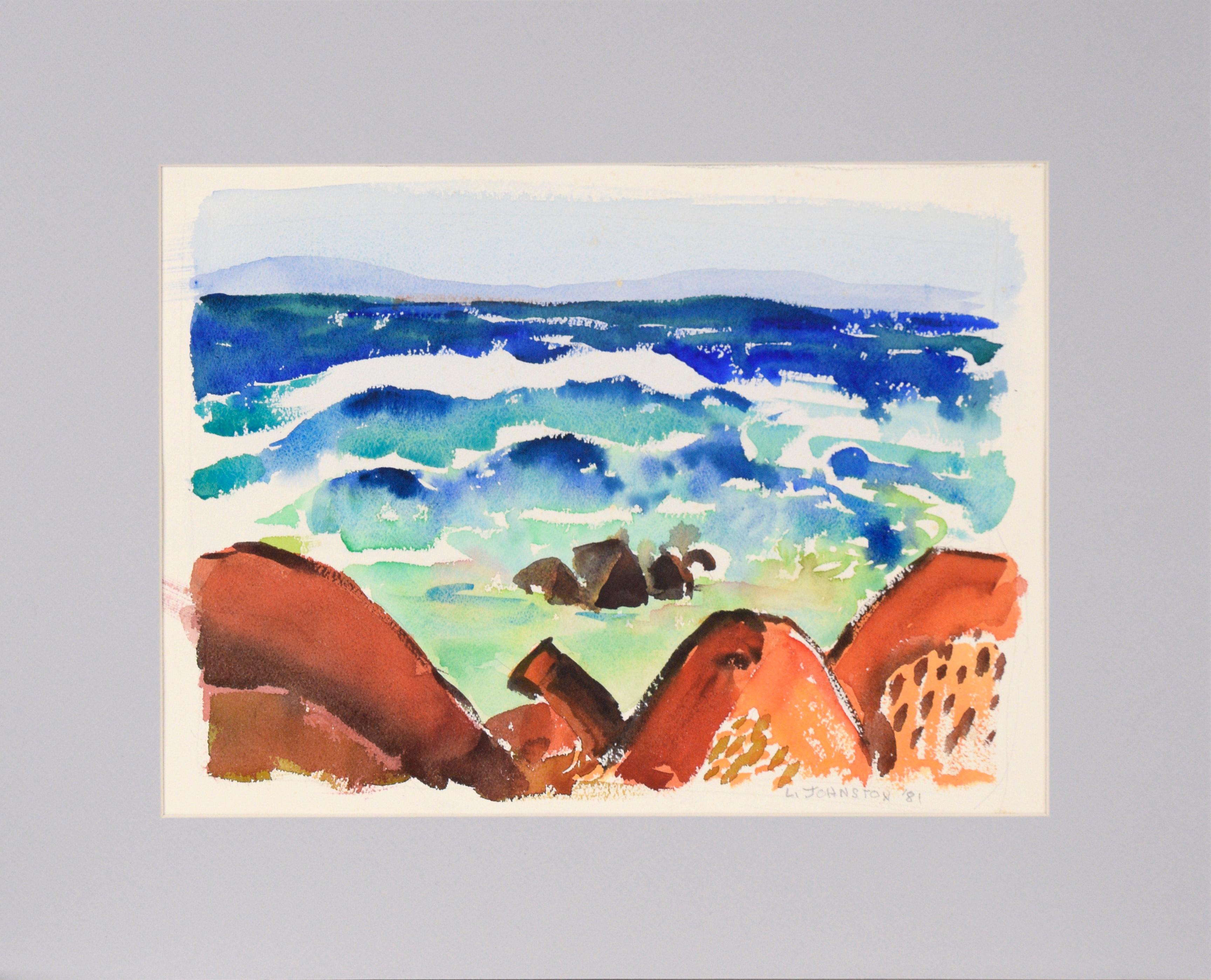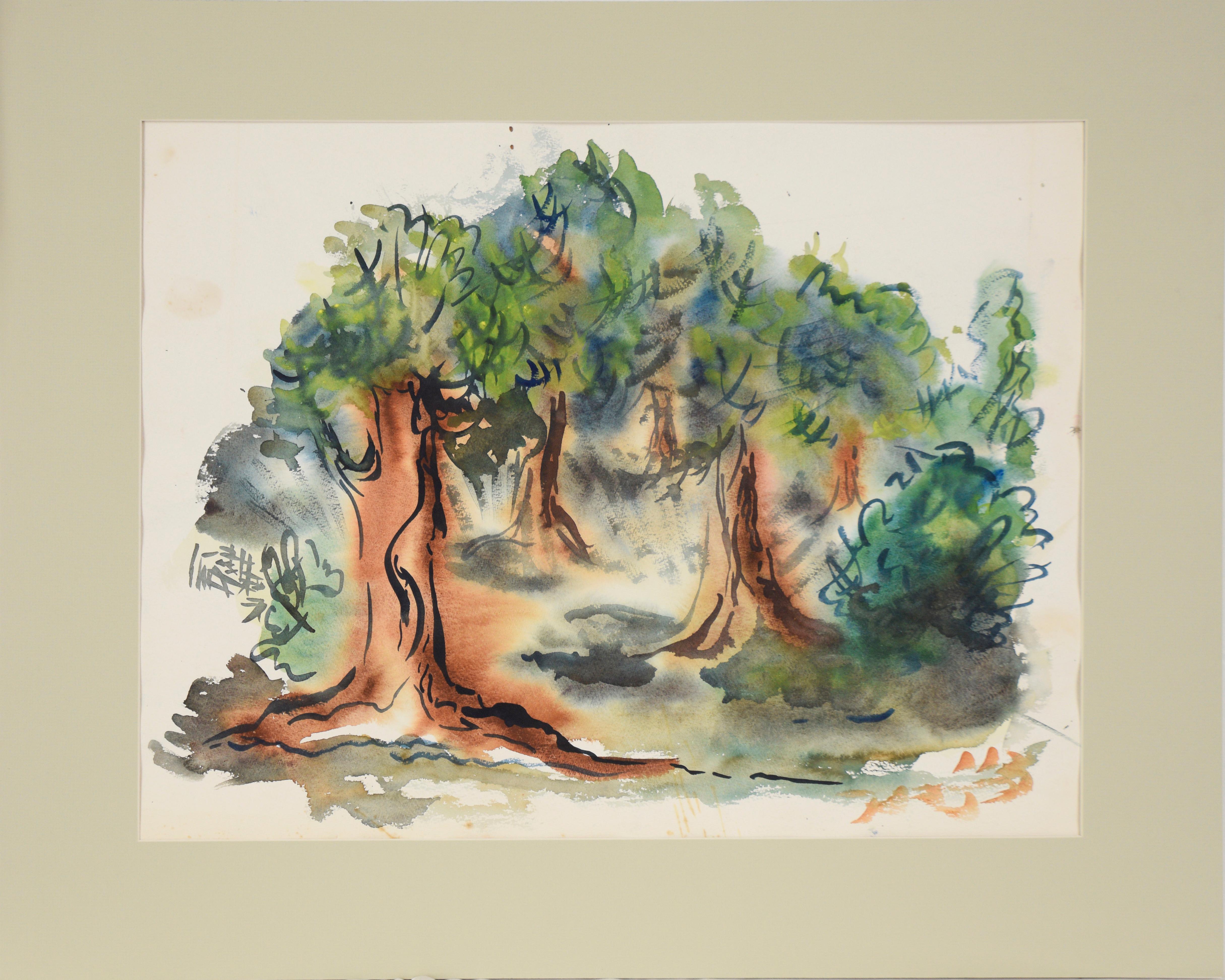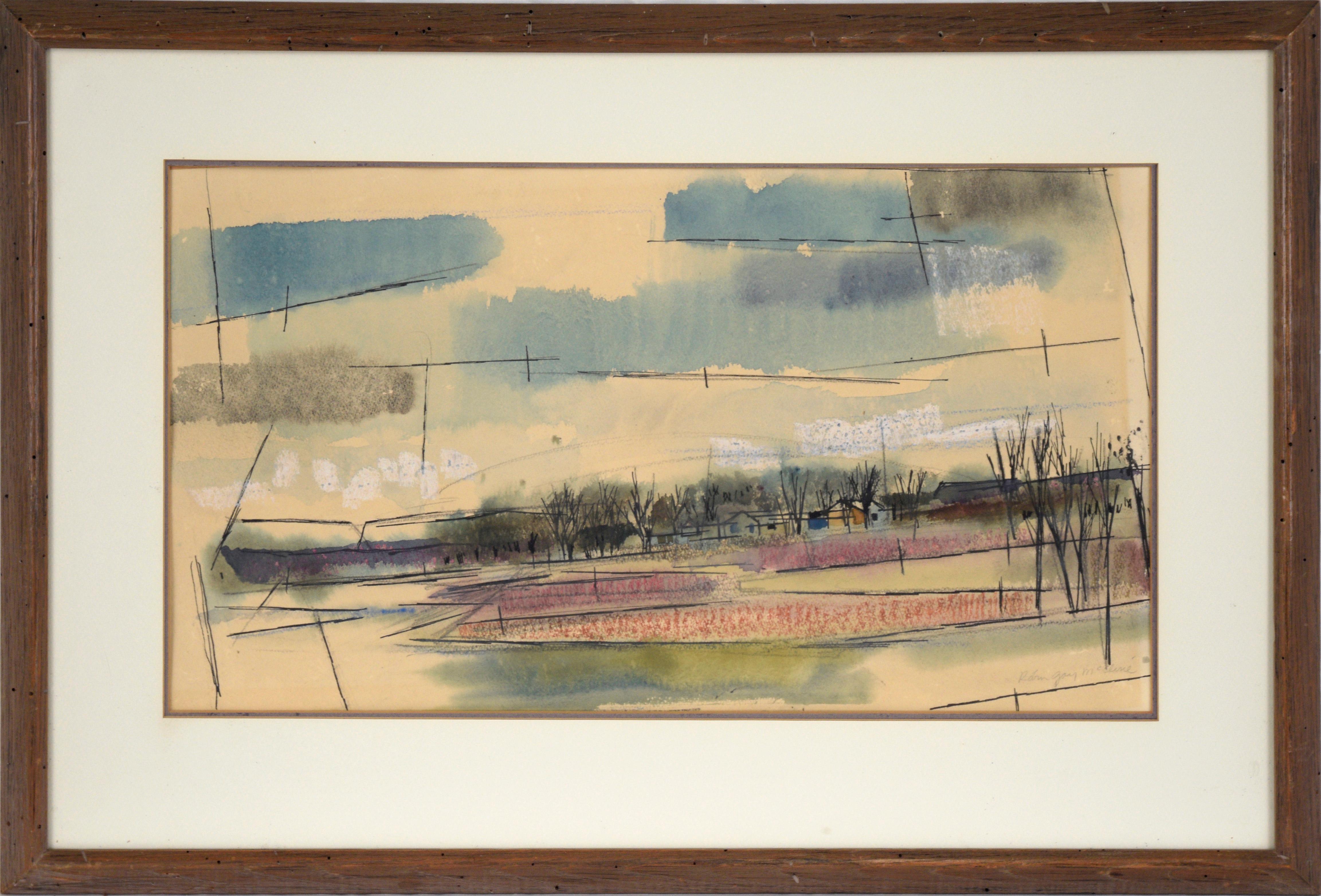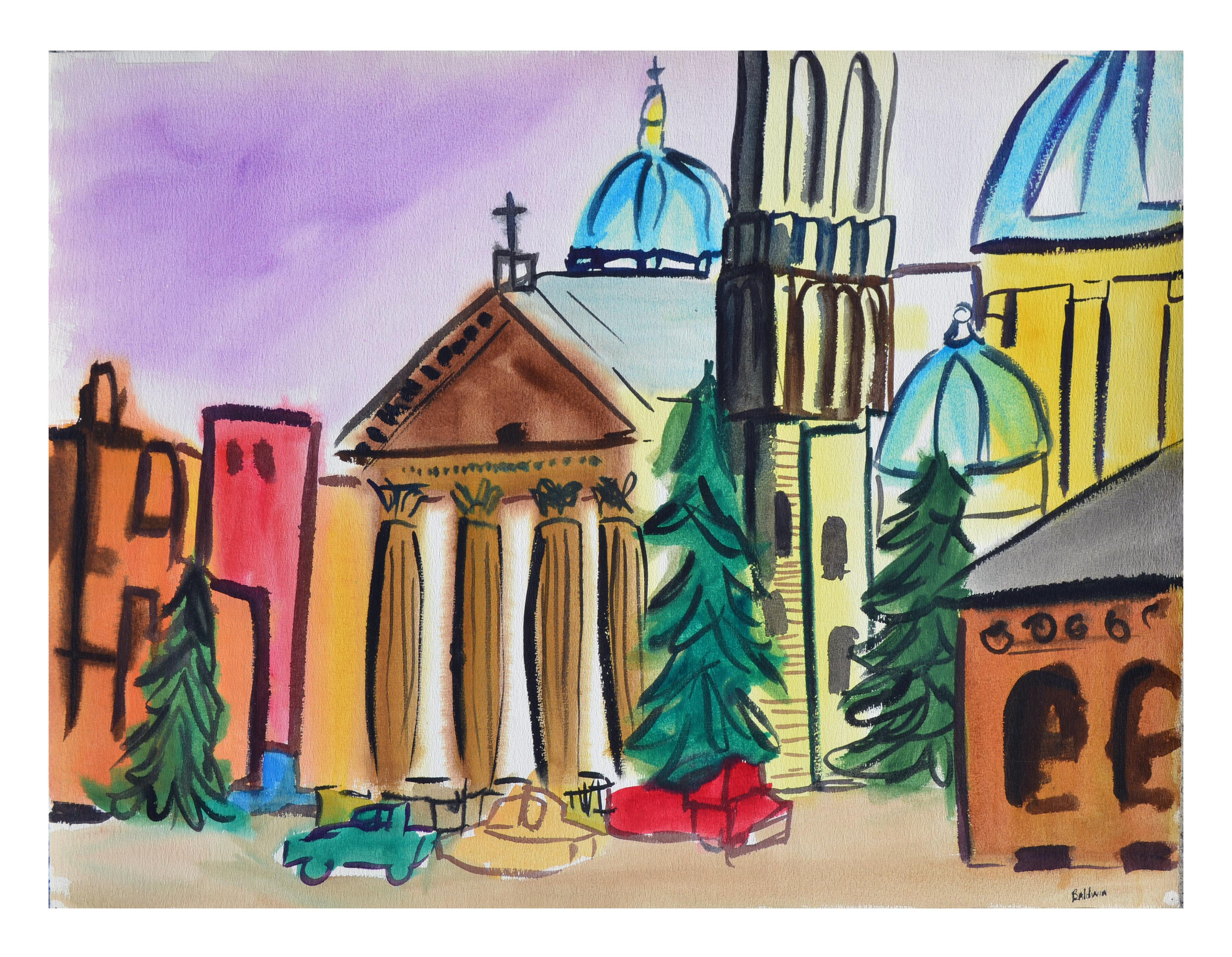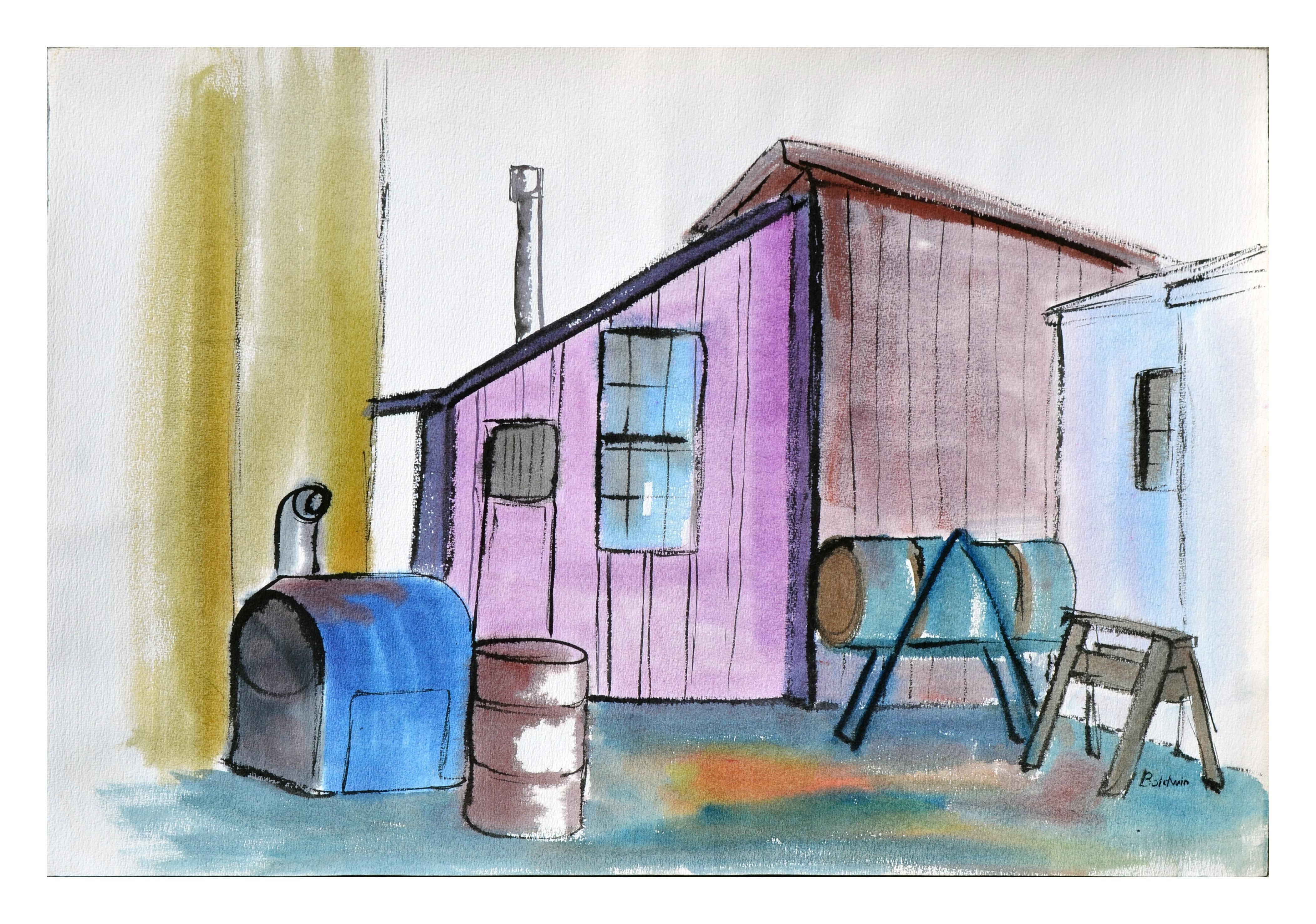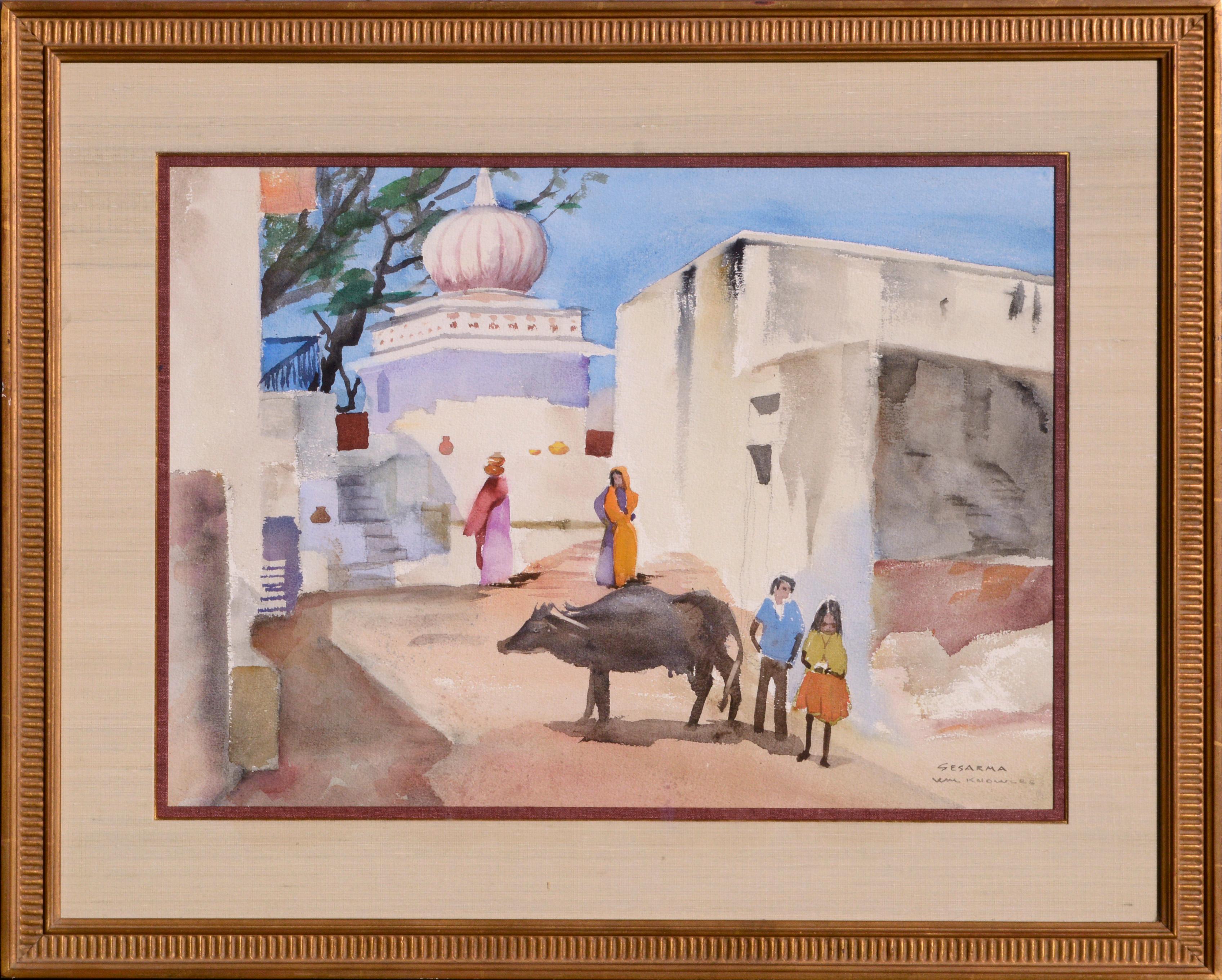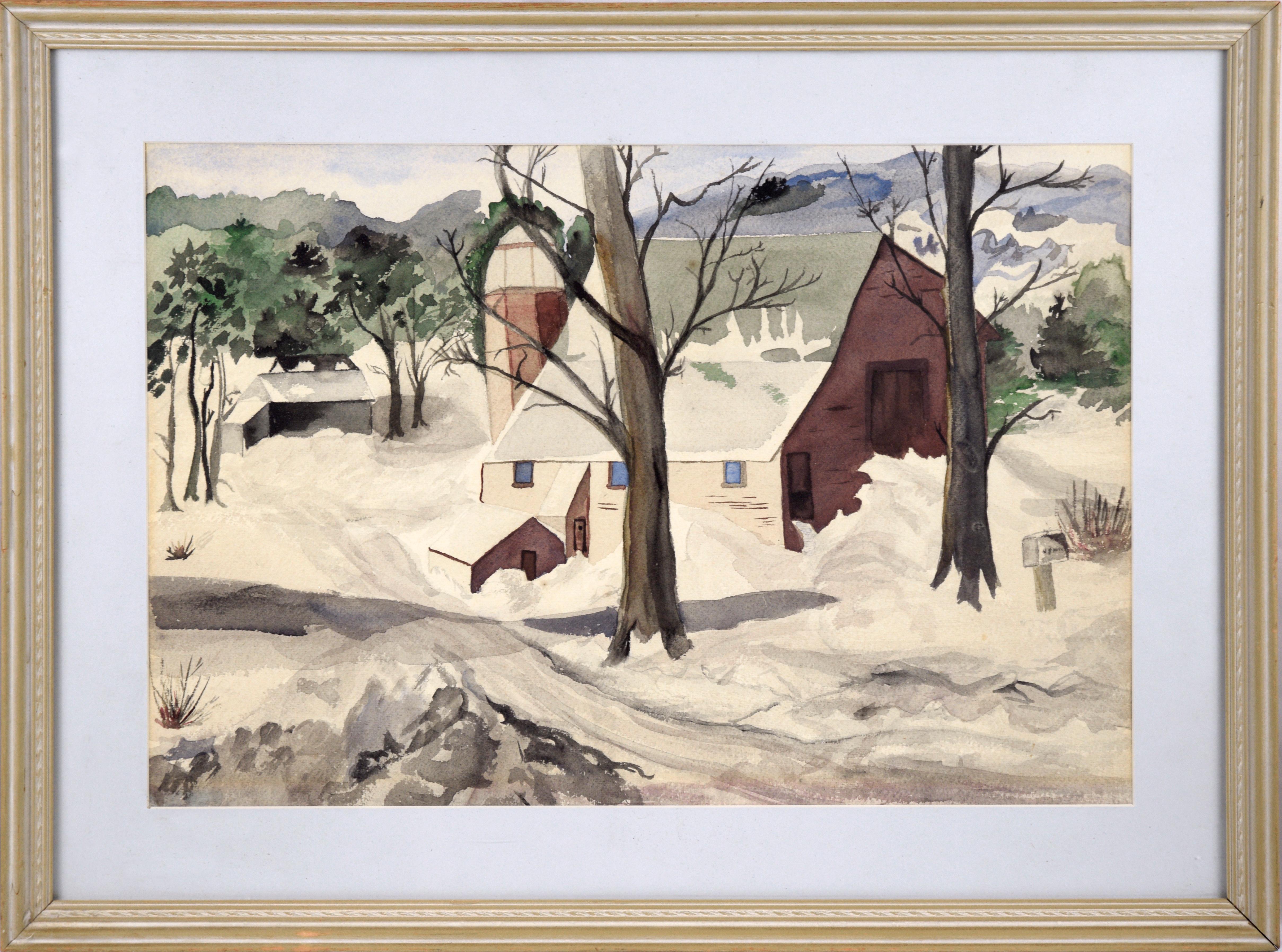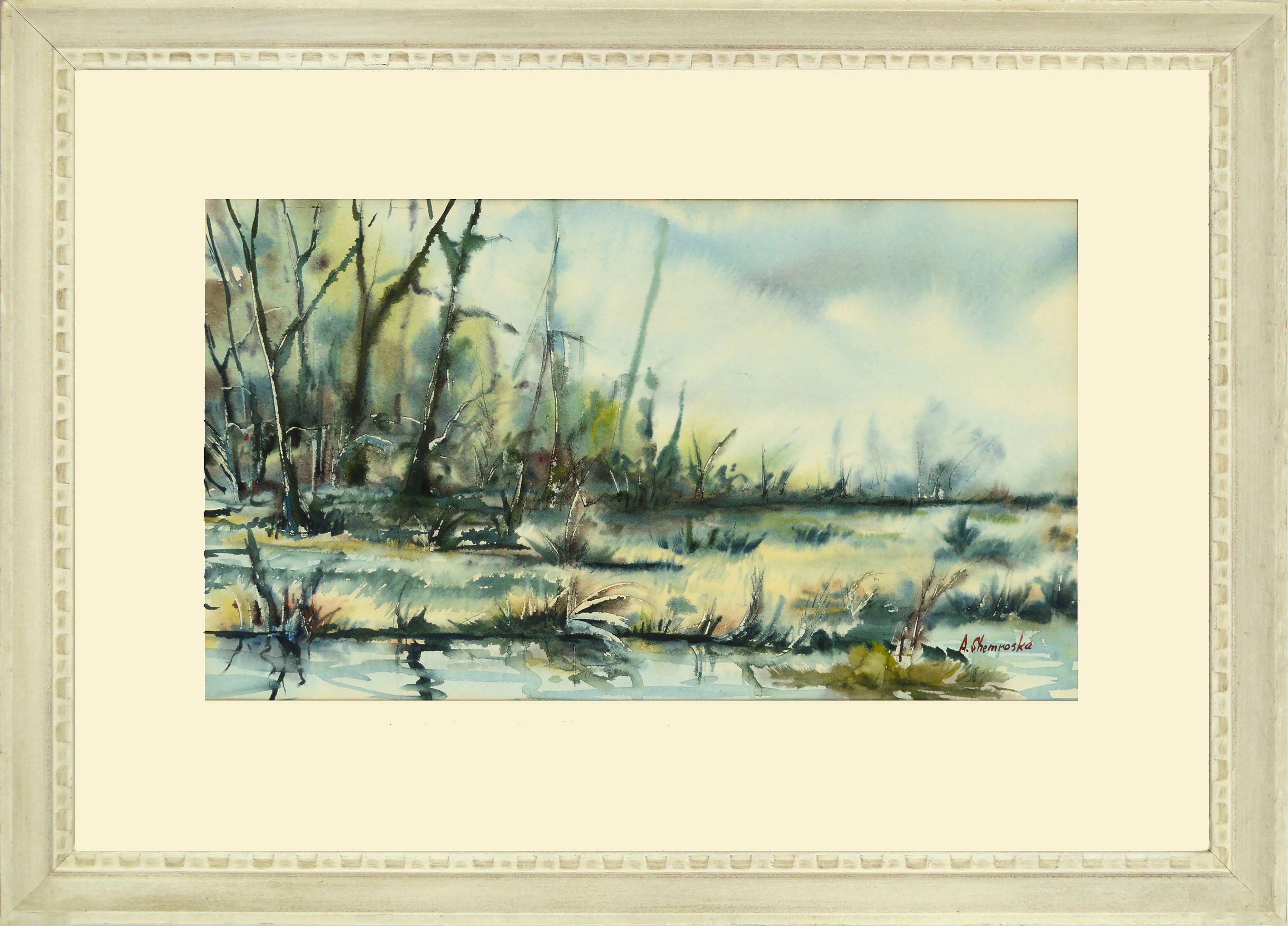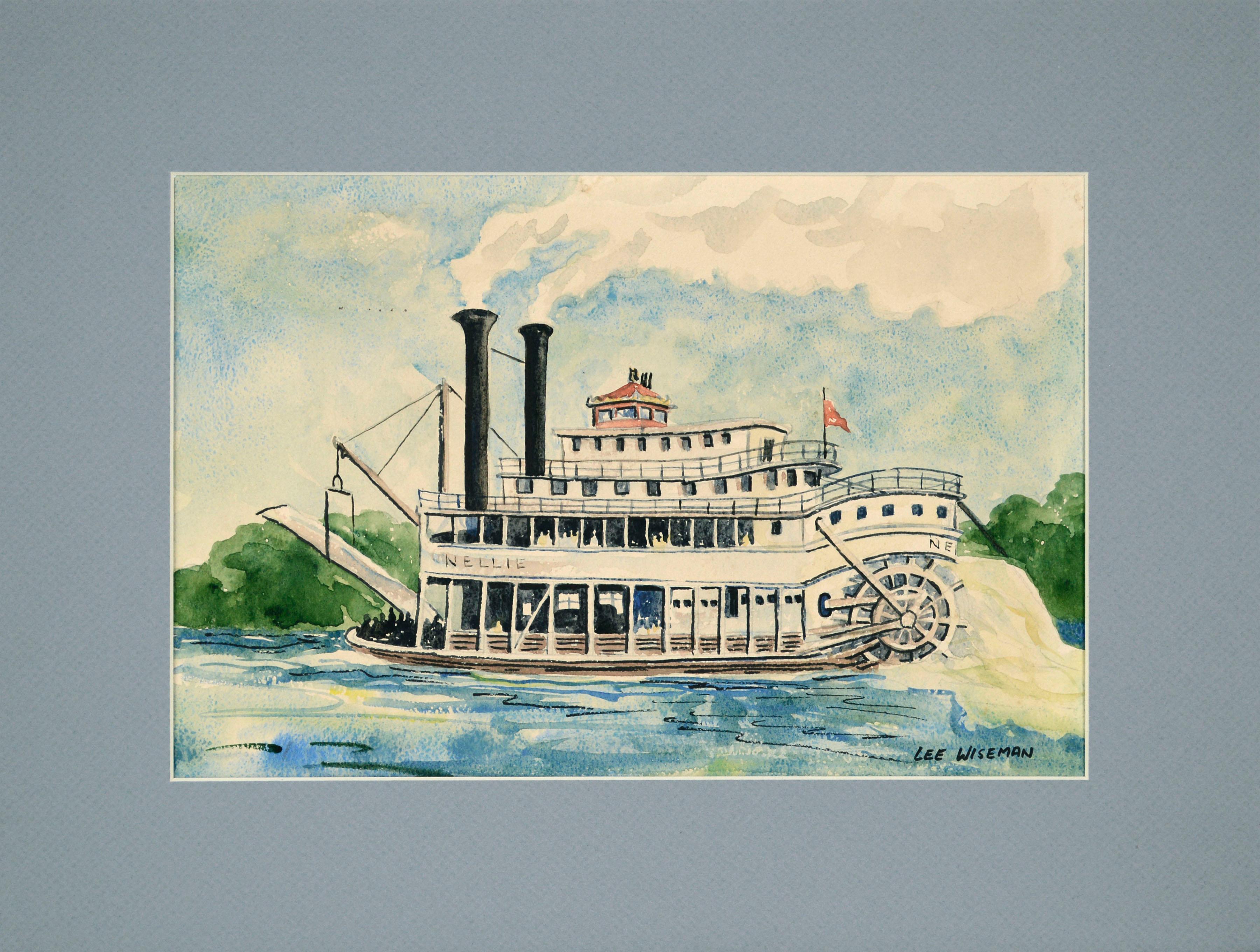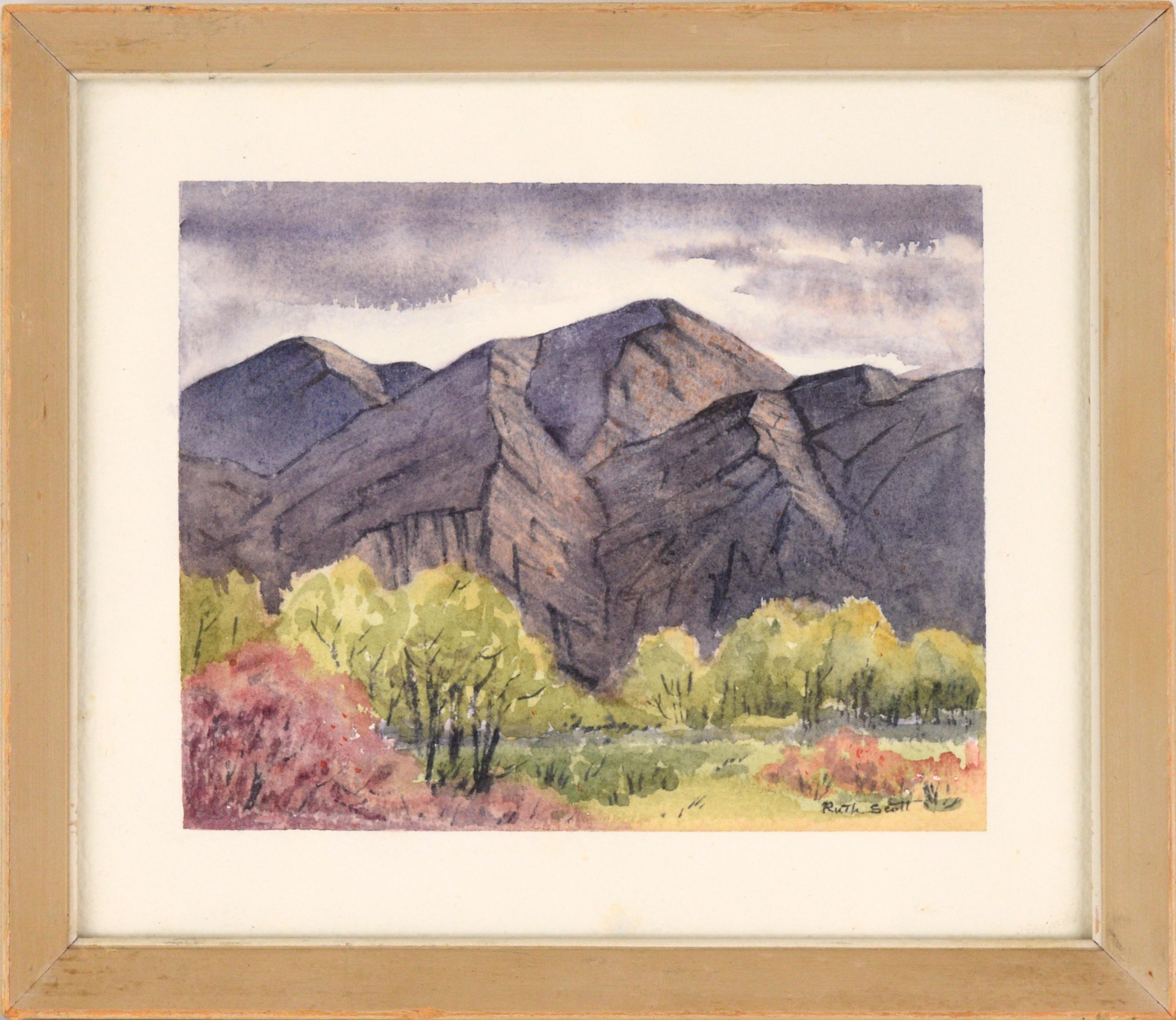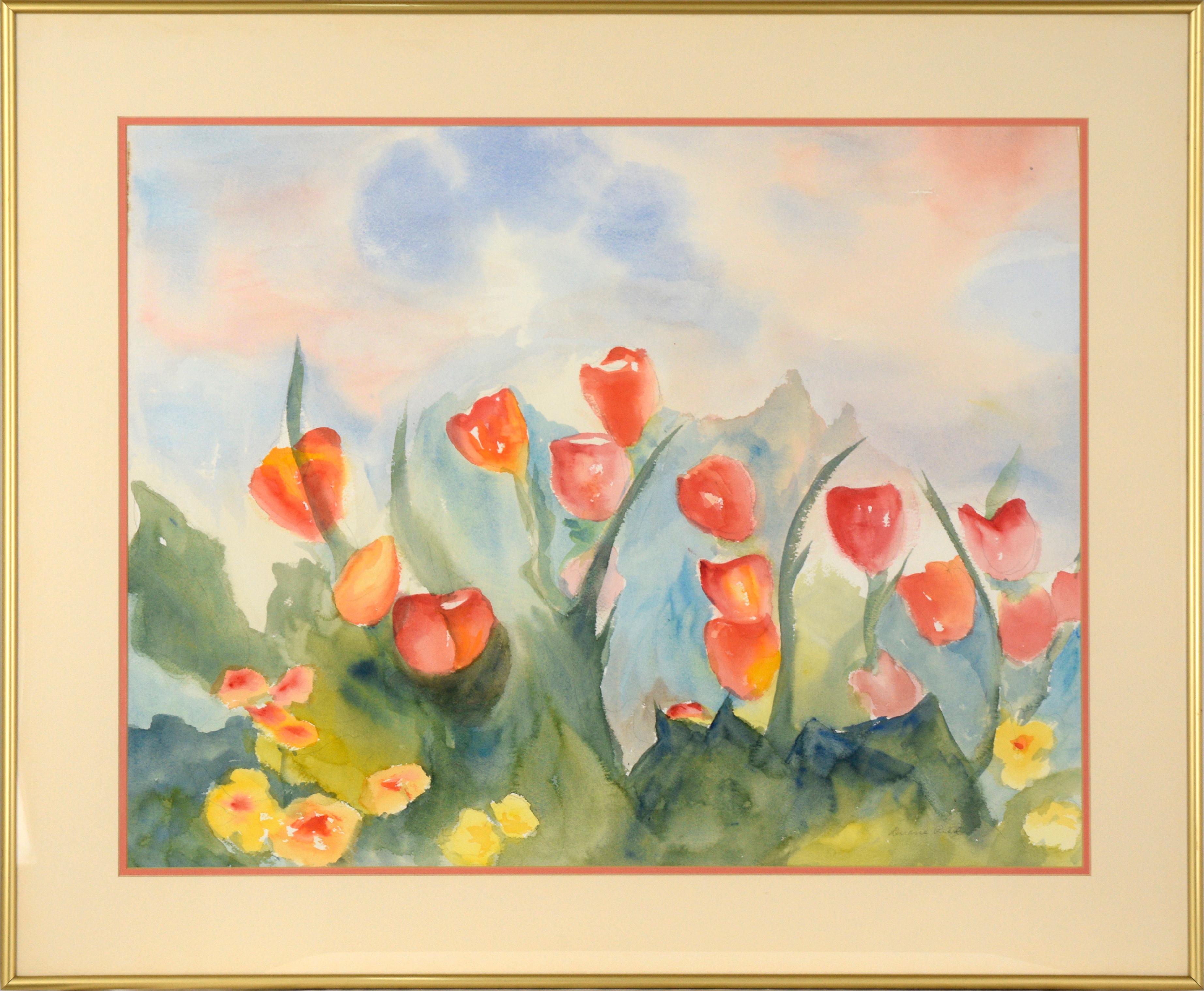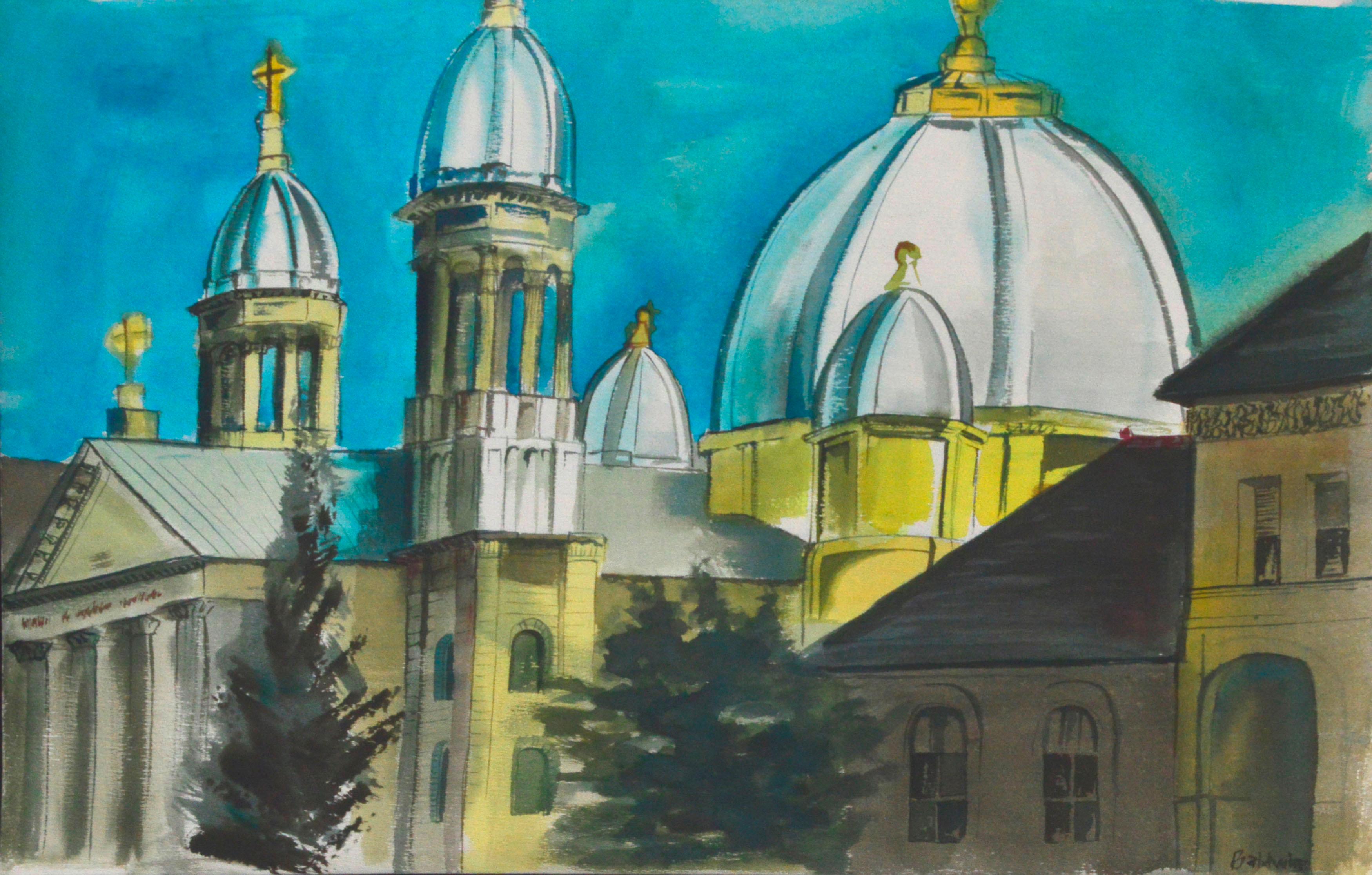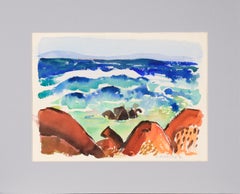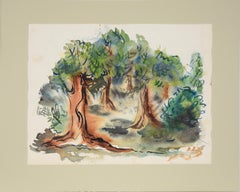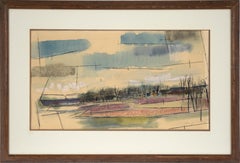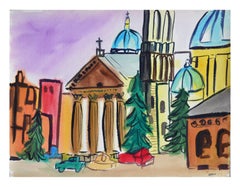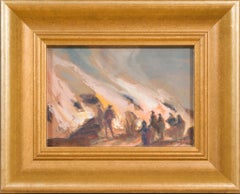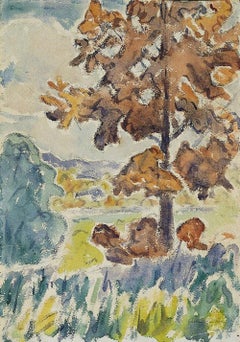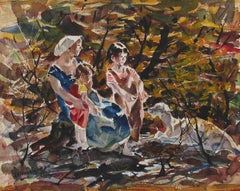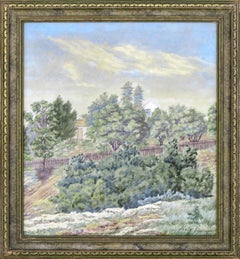
Late 19th Century Berkeley Hills Home
View Similar Items
Want more images or videos?
Request additional images or videos from the seller
1 of 14
Kate Chandler ThompsonLate 19th Century Berkeley Hills Home1882
1882
Price:$300
$350List Price
About the Item
- Creator:Kate Chandler Thompson (1870 - 1948, American)
- Creation Year:1882
- Dimensions:Height: 11.63 in (29.55 cm)Width: 10.63 in (27.01 cm)Depth: 0.75 in (1.91 cm)
- Medium:
- Movement & Style:
- Period:
- Condition:Tonal ageing to paper, as expected for a piece of this age.
- Gallery Location:Soquel, CA
- Reference Number:Seller: DBH60191stDibs: LU5425308471
About the Seller
5.0
Platinum Seller
Premium sellers with a 4.7+ rating and 24-hour response times
Established in 1986
1stDibs seller since 2014
2,966 sales on 1stDibs
Authenticity Guarantee
In the unlikely event there’s an issue with an item’s authenticity, contact us within 1 year for a full refund. DetailsMoney-Back Guarantee
If your item is not as described, is damaged in transit, or does not arrive, contact us within 7 days for a full refund. Details24-Hour Cancellation
You have a 24-hour grace period in which to reconsider your purchase, with no questions asked.Vetted Professional Sellers
Our world-class sellers must adhere to strict standards for service and quality, maintaining the integrity of our listings.Price-Match Guarantee
If you find that a seller listed the same item for a lower price elsewhere, we’ll match it.Trusted Global Delivery
Our best-in-class carrier network provides specialized shipping options worldwide, including custom delivery.More From This Seller
View All20th Century California Modernist Seascape in Watercolor on Paper
Located in Soquel, CA
Modernist 20th Century Rocky Plein Air California Landscape
A vibrant watercolor seascape by California artist Lucile Marie Johnston (1907-1994,...
Category
20th Century American Impressionist Landscape Drawings and Watercolors
Materials
Paper, Watercolor
Through The Trees - Original Watercolor on Paper
Located in Soquel, CA
Through The Trees - Original Watercolor on Paper
Original watercolor painting depicting a grove of vibrant green trees by Bertram Spencer (American, 1918-1992).
Presented in a lig...
Category
Mid-20th Century American Impressionist Landscape Drawings and Watercolors
Materials
Paper, Watercolor
Mid Century Modern Farmhouse Landscape in Watercolor and Ink on Paper
Located in Soquel, CA
Mid Century Modern Farmhouse Landscape in Watercolor and Ink on Paper
Bright, modern landscape by Robin Gay McCline (American, 1928-2008). A line of trees and buildings runs across ...
Category
Mid-20th Century American Impressionist Landscape Drawings and Watercolors
Materials
Paper, Ink, Watercolor
Vibrant Basilica Cityscape
By Diane Baldwin
Located in Soquel, CA
A bold and colorful cityscape of an urban Basilica by artist Diane Baldwin (American, 20th century). Signed "Baldwin" lower right. Unframed. Image, 22"H ...
Category
1970s American Impressionist Landscape Drawings and Watercolors
Materials
Paper, Watercolor
$239 Sale Price
20% Off
Vintage Watercolor Landscape -- The Workshop
By Diane Baldwin
Located in Soquel, CA
A colorful vintage industrial outdoor scene in watercolor by artist Diane Baldwin (American, 20th century). Signed "Baldwin" lower right. Unframed. Image...
Category
1970s American Impressionist Landscape Drawings and Watercolors
Materials
Paper, Watercolor
$300 Sale Price
20% Off
"Sesarma" Colorful Village Scene with Figures and Cow, Large-Scale Watercolor
By William Howard Knowles
Located in Soquel, CA
Beautiful large-scale figurative landscape watercolor of a vibrant village scene with several people and a cow amongst interesting architecture by William Howard Knowles (American, 1...
Category
Late 20th Century American Impressionist Landscape Drawings and Watercolors
Materials
Paper, Watercolor
You May Also Like
Gathered by the Easter Fire, Dalsland
By Carl Oscar Borg
Located in Stockholm, SE
A rare and atmospheric work from Carl Oscar Borg’s early years in Sweden, this evocative gouache captures the tradition of Easter fires (påskeldar) in the rural region of Dalsland. A...
Category
Late 19th Century American Impressionist Mixed Media
Materials
Paper, Gouache
Rocks and Sea
By Robert Swain Gifford
Located in Bryn Mawr, PA
Born on a small island near Martha's Vineyard, R. Swain Gifford and his family moved to the New Bedford, Massachusetts, area when he was two years old. The Dutch marine painter Alber...
Category
Late 19th Century American Impressionist Landscape Drawings and Watercolors
Materials
Paper, Watercolor
Watercolor of the Oak Tree by Allen Tucker
By Allen Tucker
Located in Hudson, NY
Landscape watercolor by Allen Tucker of an oak tree. This piece, along with several others, was gifted to Una Brage, a friend of the artist in the 1930s.
More about this artist:
Allen Tucker, was an architect and painter so influenced by Vincent Van Gogh that he was called "Vincent in America". (Gerdts 291) Robert Henri and Maurice Prendergast were also credited as having an influence on Tucker's brushwork and compositions, the latter decisively. However, as his painting evolved, he did not fit into any tidy slot for description and was known as an individualist not easily categorized in American art history.
Tucker was born in Brooklyn in 1866 and graduated from the School of Mines of Columbia University with a degree in architecture and took a job as an architectural draftsman in the architectural firm of McIvaine and Tucker, his fathers business. During that time, he studied painting at the Art Students League with Impressionist John H. Twachtman, but it was not until around 1904, when he was 38, that Tucker became a full-time painter, leaving architecture behind. Many of his early canvases were classically Impressionistic with poplar trees resembling those of Van Gogh and haystacks and corn shocks...
Category
Early 20th Century American Impressionist Landscape Drawings and Waterco...
Materials
Paper, Watercolor
Mother and Children watercolor painting by John E. Costigan
By John Costigan
Located in Hudson, NY
Painting measures 22" x 28" and framed 26" x 32" x 2"
Hand-signed "J.E. Costigan NA 1952" lower left.
About this artist: John Costigan was a self-taught painter distinguished by h...
Category
Mid-20th Century American Impressionist Figurative Drawings and Watercolors
Materials
Paper, Watercolor
59th Street Bridge, Pennsylvania Impressionist Watercolor Cityscape
By Walter Emerson Baum
Located in Doylestown, PA
"59th Street Bridge" is a 22" x 30" watercolor on paper cityscape of the Brooklyn Bridge and city skyline, painted by Pennsylvania Impressionist and...
Category
1940s American Impressionist Landscape Drawings and Watercolors
Materials
Watercolor, Archival Paper
"Monhegan Island, Maine, " Edward Dufner, American Impressionism Landscape View
By Edward Dufner
Located in New York, NY
Edward Dufner (1872 - 1957)
Monhegan Island, Maine
Watercolor on paper
Sight 16 x 20 inches
Signed lower right
With a long-time career as an art teacher and painter of both 'light' and 'dark', Edward Dufner was one of the first students of the Buffalo Fine Arts Academy to earn an Albright Scholarship to study painting in New York. In Buffalo, he had exchanged odd job work for drawing lessons from architect Charles Sumner. He also earned money as an illustrator of a German-language newspaper, and in 1890 took lessons from George Bridgman at the Buffalo Fine Arts Academy.
In 1893, using his scholarship, Dufner moved to Manhattan and enrolled at the Art Students League where he studied with Henry Siddons Mowbray, figure painter and muralist. He also did illustration work for Life, Harper's and Scribner's magazines.
Five years later, in 1898, Dufner went to Paris where he studied at the Academy Julian with Jean-Paul Laurens and privately with James McNeill Whistler. Verification of this relationship, which has been debated by art scholars, comes from researcher Nancy Turk who located at the Smithsonian Institution two 1927 interviews given by Dufner. Turk wrote that Dufner "talks in detail about Whistler, about how he prepared his canvasas and about numerous pieces he painted. . . A great read, the interview puts to bed" the ongoing confusion about whether or not he studied with Whistler.
During his time in France, Dufner summered in the south at Le Pouleu with artists Richard Emil Miller...
Category
Early 20th Century American Impressionist Landscape Drawings and Waterco...
Materials
Paper, Watercolor
